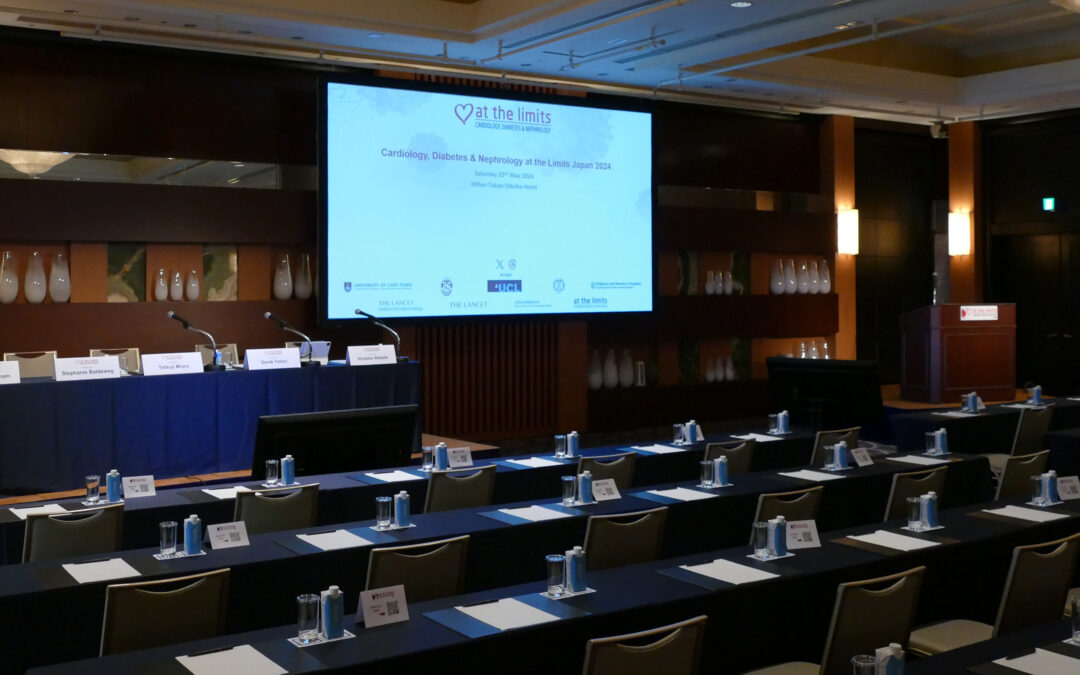I’m going to be honest, I’m really good at signing up to events and not turning up. I’ve lost track of how many times I’ve done it over the years. It’s because of the meetings that just ‘have’ to be scheduled on the same day, maybe a train strike, bad traffic, there’s always a reason.
And as a business we’re a casualty of people just like me, who sign up to our meetings with the best will in the world, but then don’t attend on the day. For HCP’s the reasons for not attending are often far more valid than mine ever are – especially where patients are concerned, but the outcome on the organisers, speakers and other delegates is frustrating and expensive.
If you don’t pay to attend, does it have a value?
It’s partly a problem of creating events which are fully funded by sponsors. As delegates we are not personally financially committed to attend, and so the inclination to occasionally go AWOL is always there.
We ran an event in Sao Paulo a couple of weeks ago which was well attended by hundreds of Latin American cardiologists, nephrologists, and diabetologist. It’s an annual meeting which is gradually grown traction across the continent and we’re proud to say has become a mainstay of the cardio/diabetes/renal events on the continent.
But we had, as all event organisers do, the problem of ‘no shows’. Don’t get me wrong, the event was very well attended, but with 50 people not showing we were left with completely unnecessary costs, particularly in Food & Bev.
The real cost
The website meetgreen.com published data suggesting that the typical conference attendee creates 1.89 kg of ‘discards’ each day of which 1.16 kg goes to landfill. For a 2-day 500 person meeting that’s 1,160 KG of waste, not to mention a staggering 176,000 tonnes of CO2E created as a by-product!
And it’s so easy to fix, just by send a single email or making a call. Many delegates who can’t make an event will do just that in the few days before the meeting, and it’s great that they do. We can alter the numbers with catering and other departments to ensure that the provision of services matches the requirement of the delegates. But if the no-shows (me included) did the same we’d be able to save an awful lot more on wastage, greenhouse gasses, and help to make our industry ever more sustainable.
I’ll make the effort in the future – I hope you will too.


